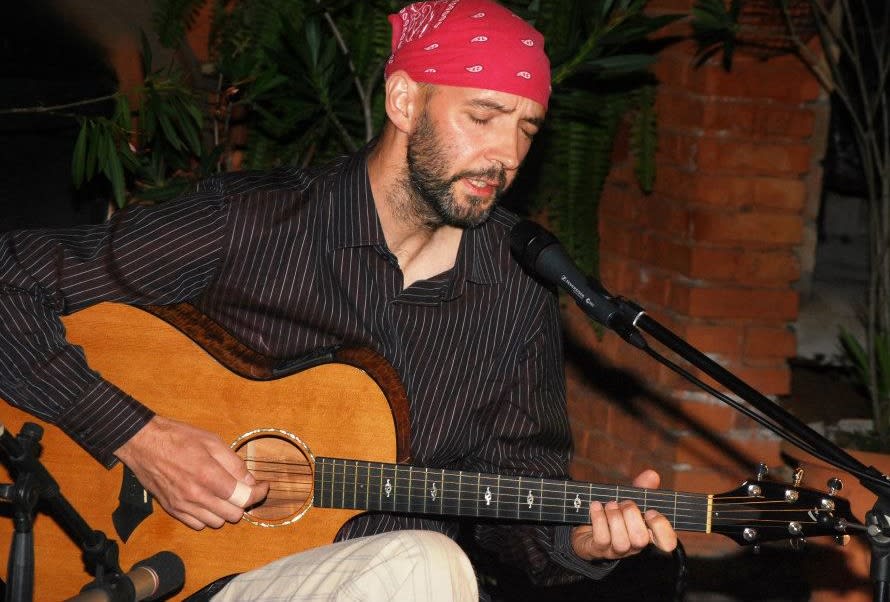Connections Between Language and Music
If you can walk you can dance, if you can talk you can sing
If I were to tell you that language and musical are in some ways inextricably linked, how could you make use of one to help you learn or grow in the other?
There are studies that demonstrate that language and music share some brain pathways, but there is a body of evidence that suggests that some key apsects are centered in distinctly different regions. So I am going on my instincts here as a learner of both music (including improvising) and language and also a teacher of both. I believe the connection between language and music is far greater than we give it credit for and that one can help us with the other.
My first instinct is that when I generate both language and musical ideas, it is an automatic process. The ideas flow in a stream and I am not explicitly or deliberately controlling what I emit. One idea, one event, one sound, one note intuitively leads to the next. In linguistic terms this is "head + complement". I won't elobrate on that here because I am not linguisticically savvy enough to do it justice, but it is well covered in Bill VanPatten's: A Short Guide to What's In Our Heads. Each word you speak gives rise to the next word. The same is effectively true of music. If we play or sing a note, something in our musical brain is guiding us to the next note. If it is a known melody, what are we thinking and what is enabling that to happen? Is it the same as when we produce spoken or written ideas? Is it the same when we improvise music?
Following on from this idea that language and music are streams, or produced linearly gives me a strong belief in the idea that when we produce language, we are effectively improvising language. The richness of our ideas and the quality of the actual "grammar" or vocabulary is generally depenedent on what we input through reading and listening. I believe the same is true of music.
So how can we make better use of or understand this connection?
LISTEN AND REPEAT
I put a great deal of emphasis in my linguistic and musical growth on transcription. When babies start out learning, they transcribe constantly. They listen to and repeat everything they hear from words to sound shapes that initially come out like nonesensical (musical) sentences. Just listen to a toddler uttering sentence like phrases and mimicking speech patterns. It is pure music.
An example of a toddler improvising language.
VOCALIZE
Sing as much as you can. Sing what you hear, sing what you like, sing what you play. Even if you do not consider yourself a singer, vocalizing everything you do will enable you to internalize it better. This is something that has been studied with regards to the power of reading. Reading out loud even by yourself demonstrates significant benefits. This BBC article references research by the canadian psychologist Colin MacLeod
PROSODY
In linguistics, prosody is the study of elements of speech, including intonation, stress, rhythm and loudness.
https://en.wikipedia.org/wiki/Prosody_(linguistics)
These relate to the musical elements of language such as, tempo, rhythm, dynamics, timbre and even pitch (melodic movement)
FOLI
The Malinke word for rhythm
"If you can walk you can dance, if you can talk you can sing"
African Proverb
This documentary FOLI (There is no movement without rhythm) explores the natural rhythms of life through the Malinke people from the village Baro in Guinea.
…reminds us of the African practice of sliding from speech into song when feelings are high.
James Lincoln Collier, The Making of Jazz
NOTES AND REFERENCES
Below follow a few ideas that I explored in the writing of this text, that are related and of interest but that I did not necessarily reference explicitly.
How learning children linguistically imitate sentences shapes rather specific words to communicate (see videos below)
The actual existence of music/song to communicate emotional ideas
How the human voice becomes more melodic when communicating emotional states
How both language and musical ideas are generated sequentially
PROSODY
REFERENCES OF INTEREST


